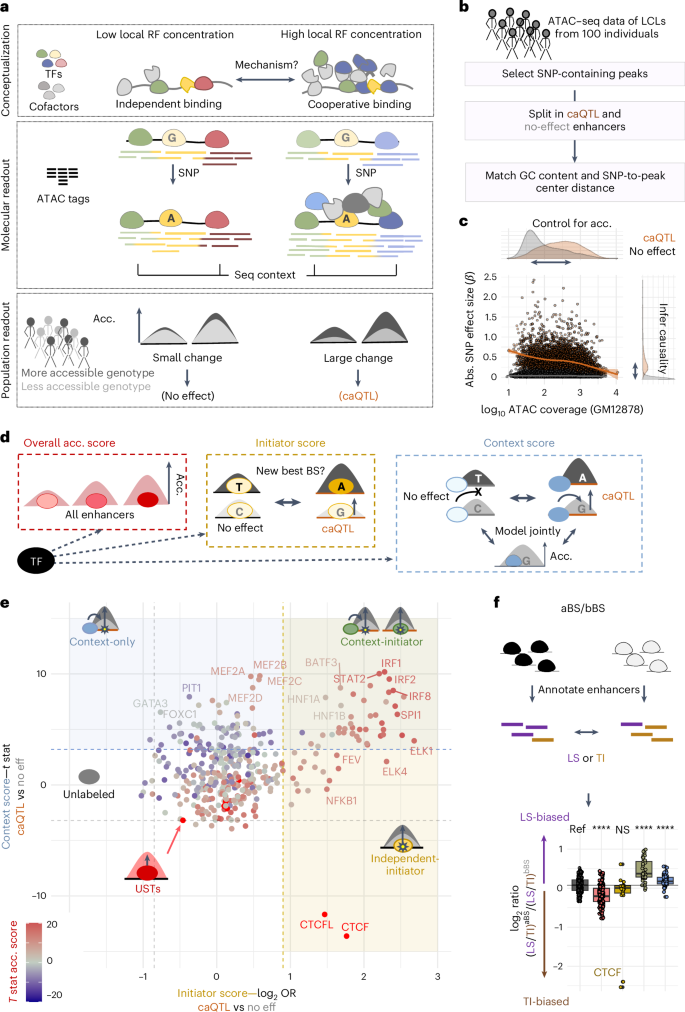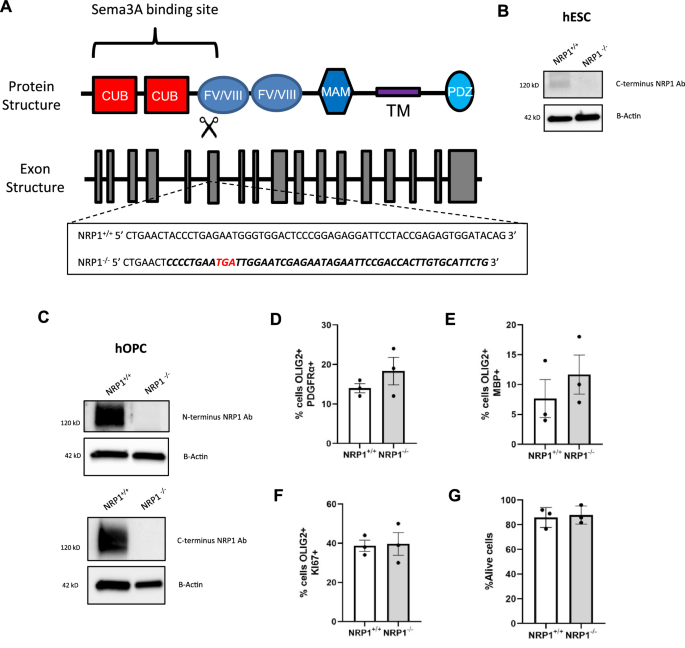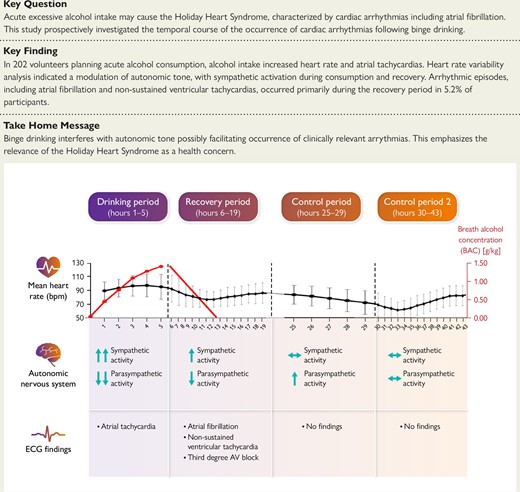2024-10-09 スイス連邦工科大学ローザンヌ校(EPFL)
<関連情報>
- https://actu.epfl.ch/news/how-context-specific-factors-control-gene-activity/
- https://www.nature.com/articles/s41588-024-01892-7
遺伝子発現を制御する新たな転写因子の発見により、細胞がどのようにしてアイデンティティを維持し、機能を維持しているかが明らかになった Context transcription factors establish cooperative environments and mediate enhancer communication
Judith F. Kribelbauer-Swietek,Olga Pushkarev,Vincent Gardeux,Katerina Faltejskova,Julie Russeil,Guido van Mierlo & Bart Deplancke
Nature Genetics Published:03 October 2024
DOI:https://doi.org/10.1038/s41588-024-01892-7

Abstract
Many enhancers control gene expression by assembling regulatory factor clusters, also referred to as condensates. This process is vital for facilitating enhancer communication and establishing cellular identity. However, how DNA sequence and transcription factor (TF) binding instruct the formation of high regulatory factor environments remains poorly understood. Here we developed a new approach leveraging enhancer-centric chromatin accessibility quantitative trait loci (caQTLs) to nominate regulatory factor clusters genome-wide. By analyzing TF-binding signatures within the context of caQTLs and comparing episomal versus endogenous enhancer activities, we discovered a class of regulators, ‘context-only’ TFs, that amplify the activity of cell type-specific caQTL-binding TFs, that is, ‘context-initiator’ TFs. Similar to super-enhancers, enhancers enriched for context-only TF-binding sites display high coactivator binding and sensitivity to bromodomain-inhibiting molecules. We further show that binding sites for context-only and context-initiator TFs underlie enhancer coordination, providing a mechanistic rationale for how a loose TF syntax confers regulatory specificity.


